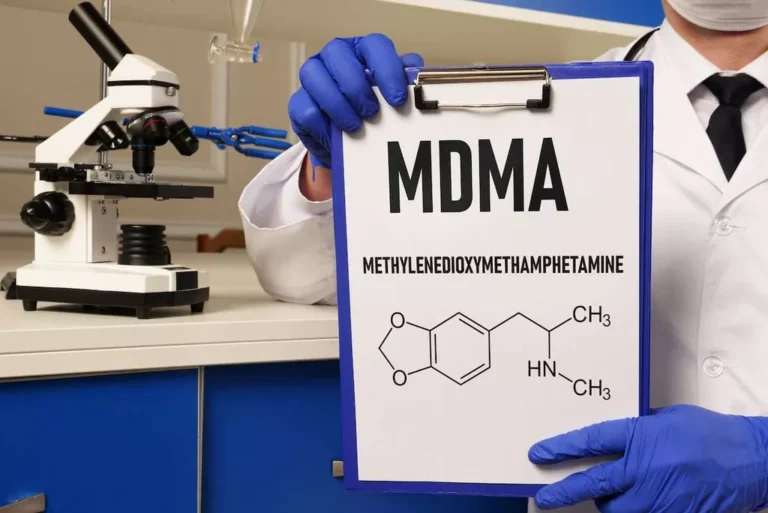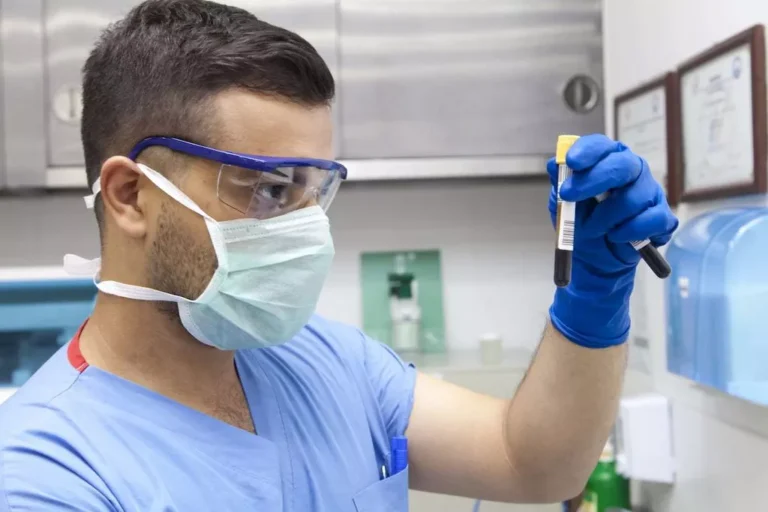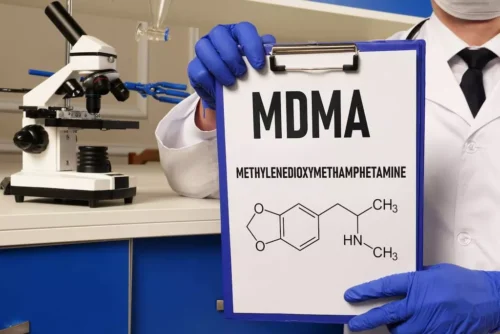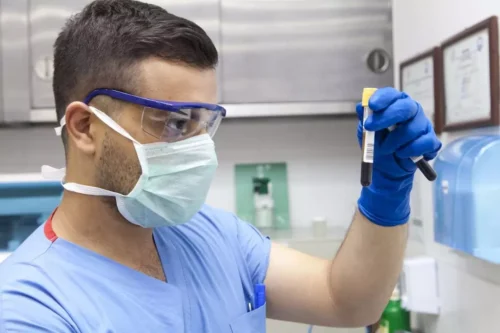
What would be some advantages of this lifestyle choice? This guide will explore five benefits that come with living an alcohol-free life. Being sober has made me want to understand myself on the deepest level. I’ve become a detective regarding anything that has to do with my health and well-being. What foods and forms of exercise does my body like best? If I’m feeling emotionally low, what’s the best remedy?
I have better mental health
Even though I drank cheap wine, it got expensive to keep drinking. It seemed like alcohol was at least 30% of every restaurant bill. I was stopping daily to grab a bottle or two of wine. Not only did cutting out alcohol help me save money, but it made me more financially stable in other areas. Alcohol is known to weaken your overall immune system. My body was spending all its time trying to rid itself of alcohol that there was little left over to fight other infections, bugs, colds, flu, and more.

How does alcohol affect the body?
- Now I’m not saying that life is all rainbows and unicorns every day but I don’t live in the trenches of self-loathing and despair like I used to.
- If you’re considering giving upalcohol—whether it be for a short season or for the rest of your life—startwith the benefits in mind.
- Trouble sleeping is common after you stop drinking, especially early in recovery.
- Although recovery can seem expensive, when compared to the cost of addiction, it’s well worth your time and effort.
- You can also get support from a professional therapist.
You’ll also notice just how differently alcohol is treated than other mind-altering drugs, like how it’s the only drug that you have to explain why you don’t use it. Have you ever been asked why you don’t smoke cigarettes? If you’re a woman of child-bearing age, expect people to ask (or wonder) if pregnancy is the reason you’re not drinking. You may be surprised to learn that alcohol is one of =https://ecosoberhouse.com/ the only substances with the potential for life-threatening withdrawal.
Improved heart health
The topic of abstaining from drinking is often met with judgment or misunderstanding; however, there are multiple reasons why someone might decide to forgo consuming alcoholic beverages. From better physical health to improved mental well-being and increased financial savings, choosing not to drink can have a positive impact in unexpected ways. Research shows that some damage to your brain, liver, heart, and gut done by alcohol will slowly heal when you stop drinking. While it’s true that alcohol withdrawal symptoms can be severe, they will not last forever. Once you get through that part of the process, you’ll start to feel better physically and mentally.

Waking up and feeling good is the most natural way to be. I lived for decades without it and I never take it for granted. Every morning is a good morning when living alcohol-free. Remember, the journey to sobriety is a continuous process, and finding the right resources can make a significant difference in maintaining your alcohol-free commitment.
The Benefits of Living Alcohol-Free
Giving up alcohol might feel even feel likegiving up an entire lifestyle. When you stop drinking, it can also reverse the negative effects alcohol has had on your cognitive functions like problem-solving, memory, and attention. “Quitting drinking can improve a person’s sleep, but there may still be a significant number of people who continue to have sleep problems even with continuous abstinence,” Volpicelli says. The American Society of Clinical Oncology adds that limiting or quitting alcohol while you’re having cancer treatment may help you avoid complications. This includes cancer recurrence or the development of secondary primary tumors (SPTs).
- Utilizing this comprehensive system has proven to help people achieve sobriety, but most importantly, sustain it.
- When you stop drinking, it can also reverse the negative effects alcohol has had on your cognitive functions like problem-solving, memory, and attention.
- Abstinence from alcohol consumption can generate various social advantages, including enhanced interpersonal relationships, improved psychological well-being, and heightened efficiency.

When you stop drinking and start focusing on your health, you’ll likely start to feel better once your body is properly nourished. Alcohol can also trigger the release of chemicals called endorphins and raise levels of the “feel good” hormone dopamine. This can make you feel energetic and even extremely happy (euphoric) shortly after you drink alcohol, but the effects don’t last. There are certain brain chemicals called excitatory neurotransmitters that will stop doing their job when you drink, which can make you feel sleepy and sedated.
This model embraces the 12-step approach to recovery, made famous by Alcoholics Anonymous, but also includes mental health, trauma treatment, physical recovery and family dynamics, too. Get treatment now for your drug and alcohol addiction and avoid arrest, incarceration and the nightmare of DUI on your conscience. If the thought of jail time doesn’t scare you, let the ramifications of DUI accidents sink into your consciousness. Not only is your life in danger, but the lives of others around you.
Contact Us Today & Feel Good Again
- Learning more about alcohol and sleep helped me realize drinking was actually making my sleep worse.
- There are many things that can affect your sleep—physically and mentally.
- Finding pleasure in taking drugs, alcohol, overeating, or having too much sex, are all signs of an unstable life.
- Because alcohol negatively affects your brain, it can alsoaffect your overall confidence and wellbeing.
And depending on the beverages youchoose to replace it with, you can also drastically improve your health. Failing to understand how you started drinking can lead to potentially harmful compulsive behaviors as you start to change your life for the better. It could result in relapses or swapping alcohol for another harmful addiction. After you have worked through or at least understand what brought you Sober living house to drink in the first place, it becomes easier to develop strategies against emotional triggers. Your social life and how you approach it when transitioning to an alcohol-free lifestyle are important. It could be that you feel uncomfortable or anxious in social situations or you find it somehow easier to be social when drinking.
The 10 Best Reasons to Be Drug and Alcohol Free

To help support the growing, sober-curious lifestyle, many businesses are working to create an environment that is welcoming to both drinkers and non-drinkers. Additionally, alcohol-free social events are becoming more common. Excessive alcohol alcohol free lifestyle consumption can elevate your triglycerides, causing fat to accumulate in your arteries. This thickening and hardening of your artery walls can cause serious health conditions, including heart attacks, strokes, or arrhythmia (irregular heartbeat). Friendships thrive with mutual respect, shared interests and reliable behavior. Once you get sober, however, you’ll relearn the responsible behaviors that are the basis of solid friendships.


